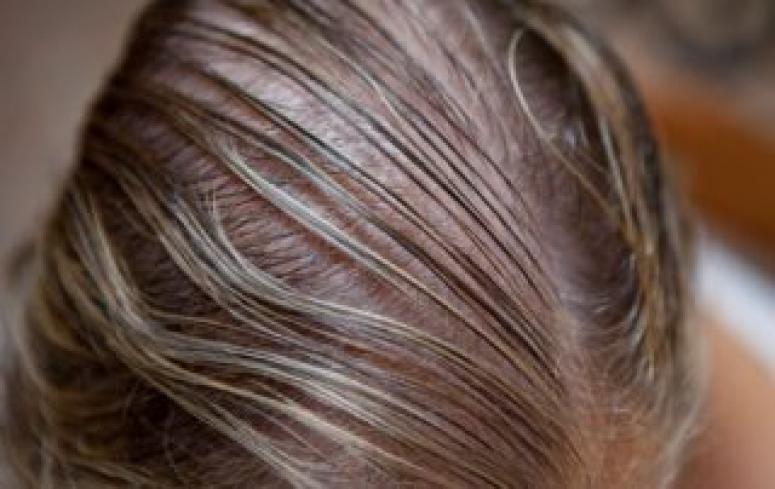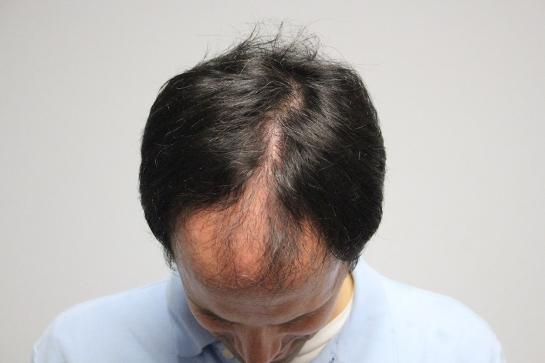It’s not uncommon for men to experience either partial or total hair loss—and neither is it rare for them to wonder why. In truth, most men’s hair loss is caused by hereditary factors, though there are also other potential causes for men’s hair loss, such as medical factors, skin allergies, and more. Ultimately, though, the reason for men’s hair loss isn’t as important as the solution—and there is always a good answer that men can reach for.
Our male clients will find plenty of solutions at Transitions Hair Solutions. Serving Wall Township, NJ and the greater New Jersey area, we can offer some of the most advanced, effective, and safe hair replacement processes available anywhere, all of them non-surgical and non-invasive. Of course, the process always begins with a consultation, where we will determine the cause and extent of your hair loss before offering some solutions.
Hereditary Men’s Hair Loss
More than 90 percent of all male hair loss is hereditary; specifically, it’s caused by a condition known as androgenetic alopecia. This condition is instigated by a byproduct of testosterone—hormones called DHT—preying on vulnerable and weak hair follicles. This, in turn, throws the routine cycle of hair growth off balance; rather than cycling through a regular period of growth and then rest, the follicle will go dormant, which means hair isn’t growing at all. Over time, exposure to DHT hormones can cause significant and permanent hair loss. The follicles become smaller and smaller, through a process known as miniaturization, and lose the ability to ever produce hair again.







Note that some follicles are more vulnerable to DHT hormones than others, in particular ones at the front of the scalp and the top of the head, which is why male hair loss often leaves an M-shape of hair around the head. A ring of hair will often be left along the back and sides of the head, because these follicles are stronger and less likely to be preyed on by DHT hormones.
Hereditary hair loss can be passed down from either parent. The precise genes that cause hair loss are not yet known, though it is known that these genes must be “activated” for hair loss to happen—and that’s likely the role that the DHT plays.
Other Causes of Men’s Hair Loss
Though androgenetic alopecia is the most common reason for male hair loss, there are some other factors that should also be considered. Certainly, there can be medical causes. Many types of prescription medication have been linked with hair loss. Chemotherapy and radiation, of course, also lead to hair loss.
Scalp infections may also be to blame, including ringworm, which often leads to patchy hair loss. Any scalp issue that causes scarring can ultimately inhibit hair growth. Even trauma and stress can lead to hair loss, though this is not as common.
Solutions for Men’s Hair Loss
No matter the cause of hair loss, the important thing is to land on a solution—and at Transitions, there are always safe, effective, non-surgical solutions available. Find out more today. Come to Transitions Hair Solutions in New Jersey for a private consultation!










